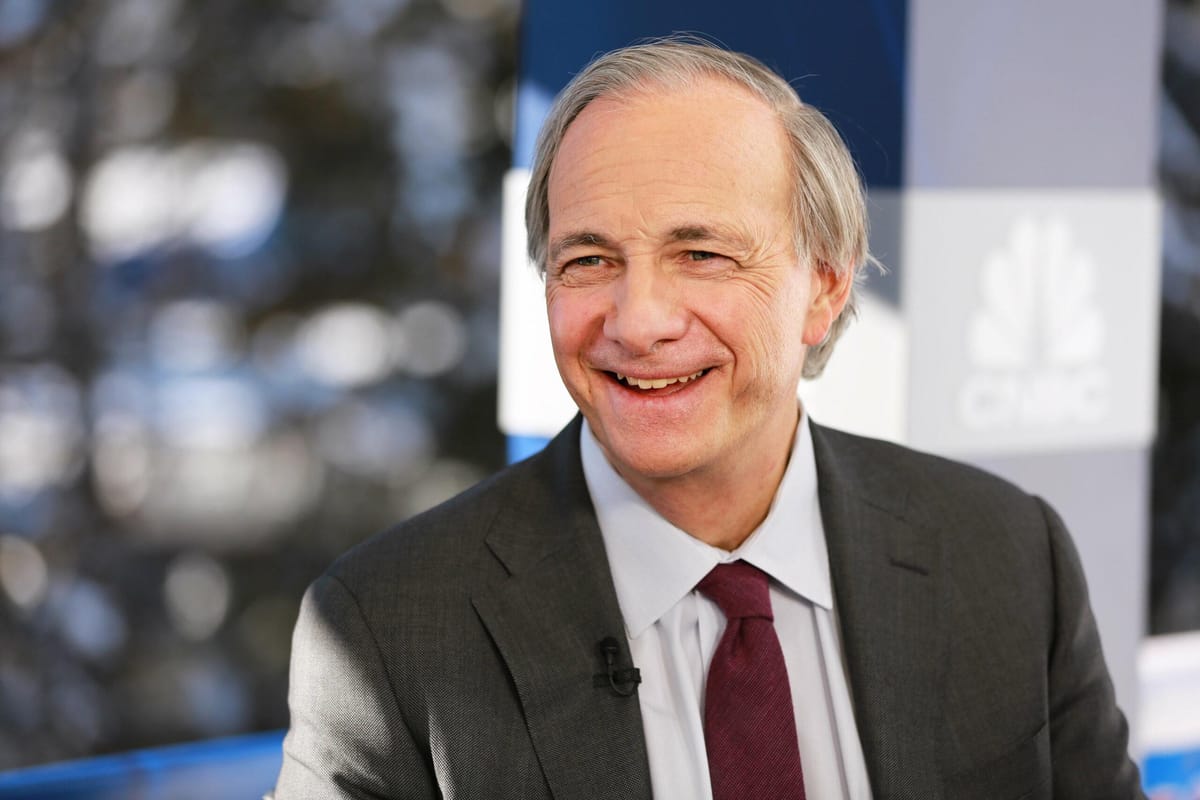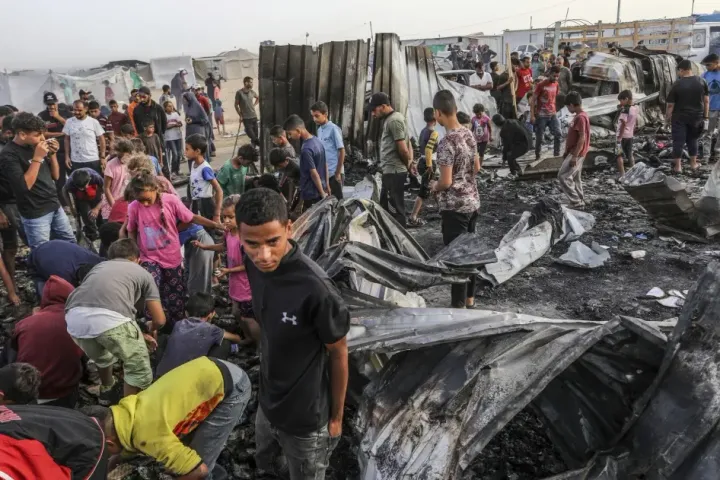Ray Dalio Resigns from Danantara: A Signal of Trust Crisis in Indonesia's Sovereign Wealth Fund
Ray Dalio’s resignation from Danantara raises sharp concerns about governance, integrity, and the geopolitical impact of Indonesia’s SWF.

Ray Dalio Resigns from Danantara: A Signal of Trust Crisis in Indonesia's Sovereign Wealth Fund
Ray Dalio’s resignation from the advisory board of Danantara, Indonesia’s Sovereign Wealth Fund (SWF) has sparked serious questions internationally. Many are now asking: Is Danantara truly ready to be a credible state asset manager? With trillions of rupiah under management, this issue isn’t merely internal, but a global concern laced with geopolitical stakes and market confidence.
News of Ray Dalio’s departure, founder of Bridgewater Associates, broke just two months after his official announcement as part of Danantara’s “dream team” of advisors. Dalio, a world-class investment figure, stepped down without an official statement. However, his social media posts highlighting the importance of meritocracy and the dangers of corruption have fueled speculation about Danantara’s governance and integrity.
Risks in Governance and Transparency
The main spotlight is on Danantara’s weak oversight. This SWF, according to various sources, is not directly audited by agencies like the Supreme Audit Agency (BPK) or the Corruption Eradication Commission (KPK). This mirrors the 1MDB scandal in Malaysia, where weak governance and oversight led to massive public fund abuse.
Economist Bhima Yudhistira of CELIOS sees Dalio’s departure as a sign of deeper structural issues, from recruitment processes to organizational integrity. The presence of controversial figures like Thaksin Shinawatra in the advisory board only adds to the skepticism.
Geopolitical Effects and Global Market Confidence
From a geopolitical perspective, Ray Dalio’s exit isn’t just a minor domestic story—it’s a red flag that’s quickly caught the attention of international market players. Western countries, especially the US and Europe, place a premium on transparency before committing large-scale investments. If Indonesia fails to build confidence in its SWF, capital flows from global institutions could slow or even avoid Indonesia.
This situation opens the door for non-Western investors like China to step in. However, relying too much on a single country’s capital brings new risks, from potential intervention to policy shifts that may not favor national interests. Indonesia could find itself trapped in new dependencies, undermining the original purpose of the SWF to boost economic sovereignty.
Regional Competition and Potential Isolation
Regionally, Indonesia is under pressure to catch up with neighboring SWFs like Singapore’s Temasek and Malaysia’s Khazanah, which have long been recognized for their governance and transparency. If Danantara fails to earn trust, Indonesia could fall behind as Southeast Asia’s financial hub.
Investors from East Asia to Australia generally prefer markets with strong governance reputations. Without quick resolution of these issues, Indonesia could face investment isolation while neighbors continue to strengthen their positions.
A Major Test for National Leadership
Dalio’s resignation is a test of Indonesia’s national leadership. Will the government enact major reforms, allow independent audits, and improve governance? Or will it close ranks and merely focus on international image-building?
The impact of this decision will be long-lasting. A single SWF scandal can taint a nation’s reputation for years, as seen with Malaysia’s 1MDB case, which is still referenced as a governance failure.
A Long Road to Credible SWF
Ray Dalio’s resignation from Danantara marks a new chapter for Indonesia’s SWF. Without immediate improvement in transparency, auditing, and integrity, reputational risk even the potential for major scandal remains high. However, if the government responds with genuine reforms, Danantara still has a chance to become a globally recognized driver of Indonesia’s economic revival.
This situation illustrates that building an SWF is not just about managing large funds, but about earning trust, governance, and commitment to international standards. This is Indonesia’s real challenge ahead.





Comments ()